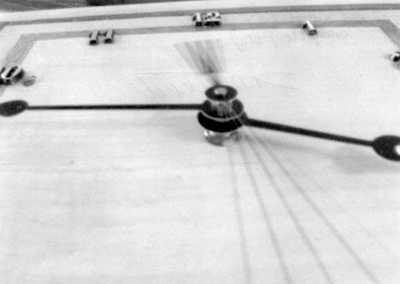All Nonfiction
- Bullying
- Books
- Academic
- Author Interviews
- Celebrity interviews
- College Articles
- College Essays
- Educator of the Year
- Heroes
- Interviews
- Memoir
- Personal Experience
- Sports
- Travel & Culture
All Opinions
- Bullying
- Current Events / Politics
- Discrimination
- Drugs / Alcohol / Smoking
- Entertainment / Celebrities
- Environment
- Love / Relationships
- Movies / Music / TV
- Pop Culture / Trends
- School / College
- Social Issues / Civics
- Spirituality / Religion
- Sports / Hobbies
All Hot Topics
- Bullying
- Community Service
- Environment
- Health
- Letters to the Editor
- Pride & Prejudice
- What Matters
- Back
Summer Guide
- Program Links
- Program Reviews
- Back
College Guide
- College Links
- College Reviews
- College Essays
- College Articles
- Back
Conversational Mini-Essay Series of First Sentences: Into & Essay 1
I thought a collections on essays on first sentences should have a good first sentence, but I couldn’t think of one. However, I’m sure my inability to come up with even a mediocre first sentence will be thoroughly compensated for by some of the brilliant ones I’ll be discussing in this series of conversational mini-essays. I believe it is arguable that the first sentence is the most important in the book. Like your first taste of new food, it allows you to get a feel for the book and see if you would like to continue your journey. And if what you read is any good, it will have you back for more. Besides simply hooking a reader and bringing them back for more, those few words at the beginning of a book can foreshadow the end and drop hints to the plot. I hope I will be able to show you how much you can get out of one sentence. So, without further ado, I give you my first essay.
“It was a bright cold day in April, and the clocks were striking thirteen.”
–George Orwell, 1984
Like most fantastic starters, this first sentence makes you stop for a moment. It sets the scene in the first half of the sentence, trying to trick you into thinking this is going to be another description-heavy bore. “It was a bright cold day in April,” You can see the sun shining, low, grey clouds scudding across the skyline and people clutching coats around themselves as they hurry along the streets. “…and the clocks were striking…” Adding some clock towers to our mental picture, we can deduce we are in an established community, and due to the fact there are more than one clock, it’s probably a large town or city. But the next word, the last word, changes everything. “…thirteen.” What? There are several conclusions we can draw from this word. One, they have strange looking clocks. Two, we’re probably in the future. Three, there is something seriously wrong going on. This sentence gets you excited and suspicious, and if you continue on to the next, the author’s objective is fulfilled. Such is the power of a brilliant first sentence.

Similar Articles
JOIN THE DISCUSSION
This article has 0 comments.
